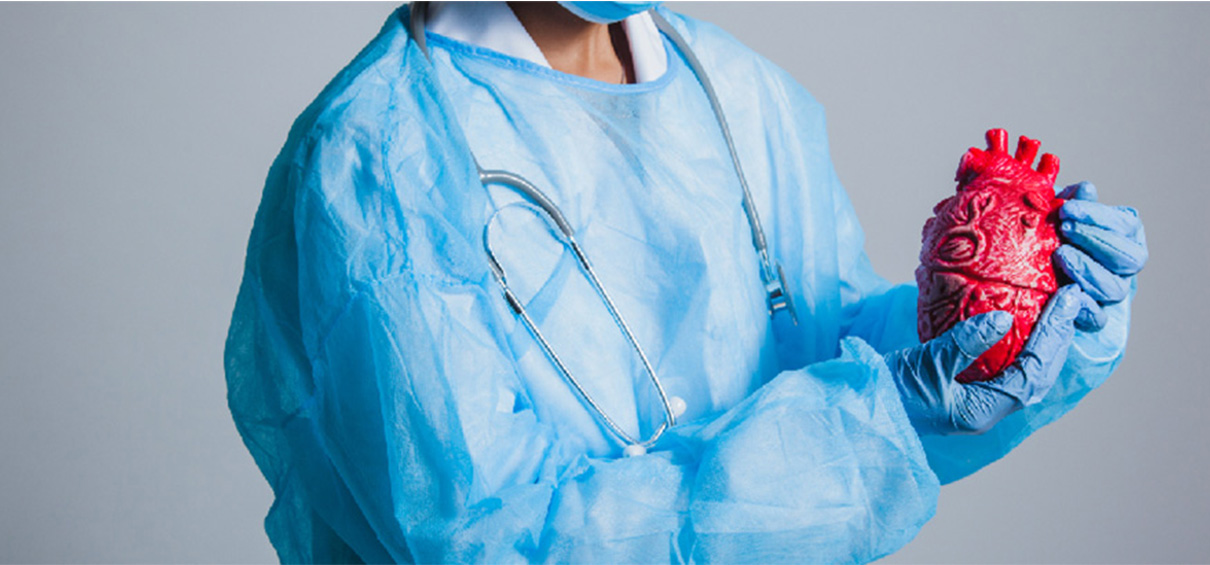
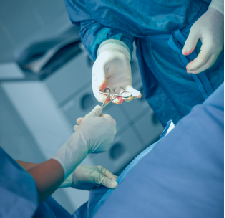
Coronary bypass surgery redirects blood around a section of a blocked or partially blocked artery in your heart to improve blood flow to your heart muscle. The procedure involves taking a healthy blood vessel from your leg, arm or chest and connecting it beyond the blocked arteries in your heart.
Although coronary bypass surgery doesn’t cure the heart disease that caused the blockages (atherosclerosis or coronary artery disease), it can ease symptoms, such as chest pain and shortness of breath. For some people, this procedure can improve heart function and reduce the risk of dying of heart disease.
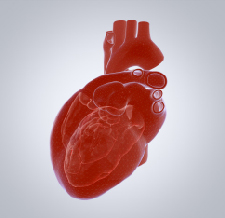
Heart valve surgery and procedures are performed to repair or replace a valve in the heart that is not working properly because of valvular heart disease (also called heart valve disease). Heart valve surgery is open-heart surgery through the breastbone, into the chest. It is a major operation that can last two hours or longer and recovery often takes several weeks. There are newer, less invasive procedures suitable for some types of valvular heart disease, but they are only done at certain hospitals.
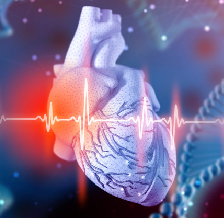
Septal defects are simple and fairly common congenital heart defects, or problems with your heart’s structure that are present at birth. These defects change the normal flow of blood through your heart.
A hole in the septum between your heart’s two upper chambers is called an atrial septal defect (ASD). A hole in the septum between your heart’s two lower chambers is called a ventricular septal defect (VSD). These defects are commonly called a “hole in the heart.”
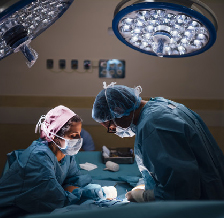
Thoracic surgery encompasses the operative, perioperative, and surgical critical care of patients who acquired and congenital pathologic conditions within the chest. Thoracic surgeons treat diseased or injured organs in the chest, including the esophagus (muscular tube that passes food to the stomach), trachea (windpipe), pleura (membranes that cover and protect the lung), mediastinum (area separating the left and right lungs that contains the heart), chest wall, diaphragm (separates the chest from the abdomen), pericardium (membrane covering the heart), heart (including the pericardium, coronary arteries, valves and myocardium), and lungs. The most common diseases requiring thoracic surgery include heart lesions, such as coronary artery disease and valve problems, lung cancer, chest trauma, esophageal cancer, emphysema, and heart and lung transplantation.
Specialty training required prior to certification: Six to eight years
Nr. SiddharthBunglowsy Sama-SavIi Road,
Vadodara-390022
+91-997 984 1924
(24/7 General inquiry)